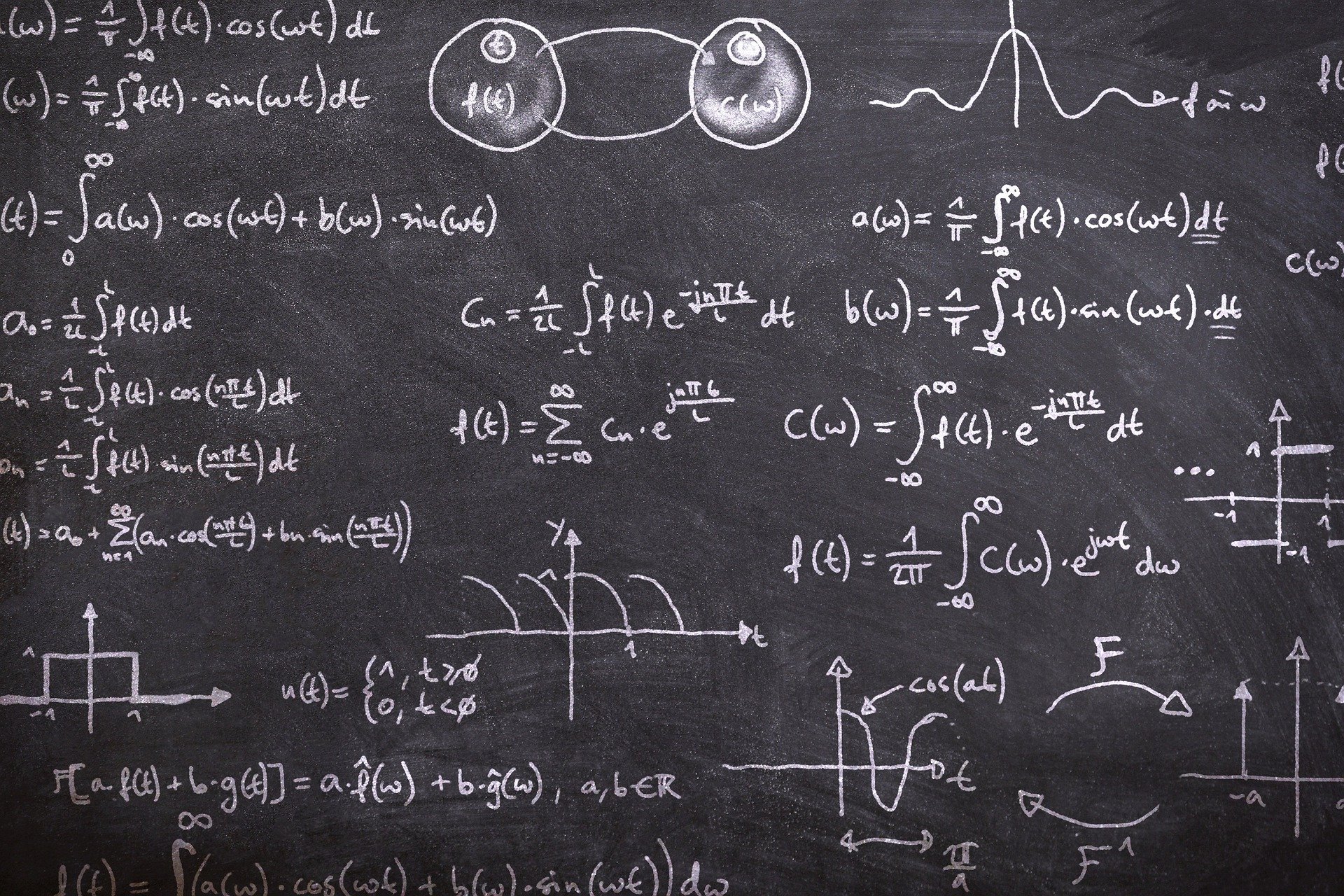The conference is a day-long face-to-face event, with talks and hands-on activities where you’ll discover more about research and hot topics in mathematical sciences, physics, and engineering. There will be a mix of short lectures and workshops, as well as opportunities to find out more what it would be like studying at University.
The day will start with registration between 9.15am and 9.45am. Students will participate in four workshops over the day and the departure time is 2.50pm.
Schools are invited to bring along groups of up to 25 pupils from year 12. Teachers click here to register and secure places for your pupils. A link to our Privacy Notice can be found here.
If you intend to bring a larger group please email mathsoutreach@kent.ac.uk. The conference is free to attend. Participants are responsible for their own travel and lunch expenses.
Looking forward to welcoming you to the University of Kent,
Dr Rowena Paget
Mathematical Sciences
Capture-recapture in Statistical Ecology
This hands-on workshop introduces capture-recapture: a type of survey used by ecologists to monitor populations of animals.
How do we know it ALWAYS works? Proving things step by step and all at once
This talk by Professor Ben Cosh will introduce what proving things really means and the specific technique of mathematical induction. Small amounts of audience participation will be required.
The Ball-Box System, solitons and tsunamis
We learn about the ball-box system: balls move between boxes according to simple rules creating interesting patterns. Then we meet a special kind of water wave called soliton. Finally, we find surprising similarities between solitons, tsunamis and the ball-box system.
Codes and codebreaking
Join in cracking codes from history and learn why we need mathematics for secure communications.
The power of compound interest in hedging
This workshop explores the exciting career opportunities in the field of Actuarial Science. We’ll demystify complex financial concepts and explain how compound interest, which is like earning interest on top of interest, can impact the pricing of hedging contracts. You will discover how the interplay between time, interest rates, and market fluctuations affects the value of these contracts and their ability to protect against risks.
Business analytics in action: real world applications for future problem-solvers
This workshop will focus on practical applications of analytics techniques, such as optimisation and simulation, and will show how they can be used to find efficient solutions to problems in transport, manufacturing, healthcare, and sustainable development. It will be an interactive workshop and will use real case studies with companies such as Eurostar and the Port of Dover.
3600 years of Computer Science: from ancient Babylon to quantum computing
What is a computer? What is computation? What was the first computer? This talk explores millennia of progress.
Physics
Physics and light in medicine
For those interested in the physical world, but also in applying this knowledge to real-world problems, the medical applications of physics can provide a fascinating and rewarding career. Suitable for all, this session will explore how physics lies behind various diagnostic and therapeutic techniques used in healthcare, from pulse oximeters to external beam radiotherapy. We will focus particularly on emerging technologies which use light to provide better insight into disease, and which are the focus of research taking place at Kent. There will then be a chance to get hands-on with some optical components and imaging devices.
Cosmology debates
A series of current issues will be raised and described briefly. Participants can then question what may be the solutions.
- The Hubble Tension
- The S8 problem
- Cosmological Coincidence
- The need for Dark Matter
- Dark Energy and Quintessence
A final poll: do we know more or less than a century ago?
The Physics of Materials: from Fridge Magnets to Quantum Computers
Everyone knows different materials have different properties – but why? And how exotic can they get? In this activity you will learn how atoms combine to give substances their familiar properties, and explore how they form different states of matter – from the humble magnets sticking to the door of your fridge to the superconductors used to build quantum computers. You will see up-close demonstrations of surprising magnetic and superconducting phenomena.
Engineering
Paws and Paths: robotics workshop with our dog robot and obstacle avoidance algorithms
This hands-on workshop combines coding and robotics, enabling participants to develop practical skills in robotics programming and gain insights into the challenges and opportunities of autonomous navigation in dynamic environments.

